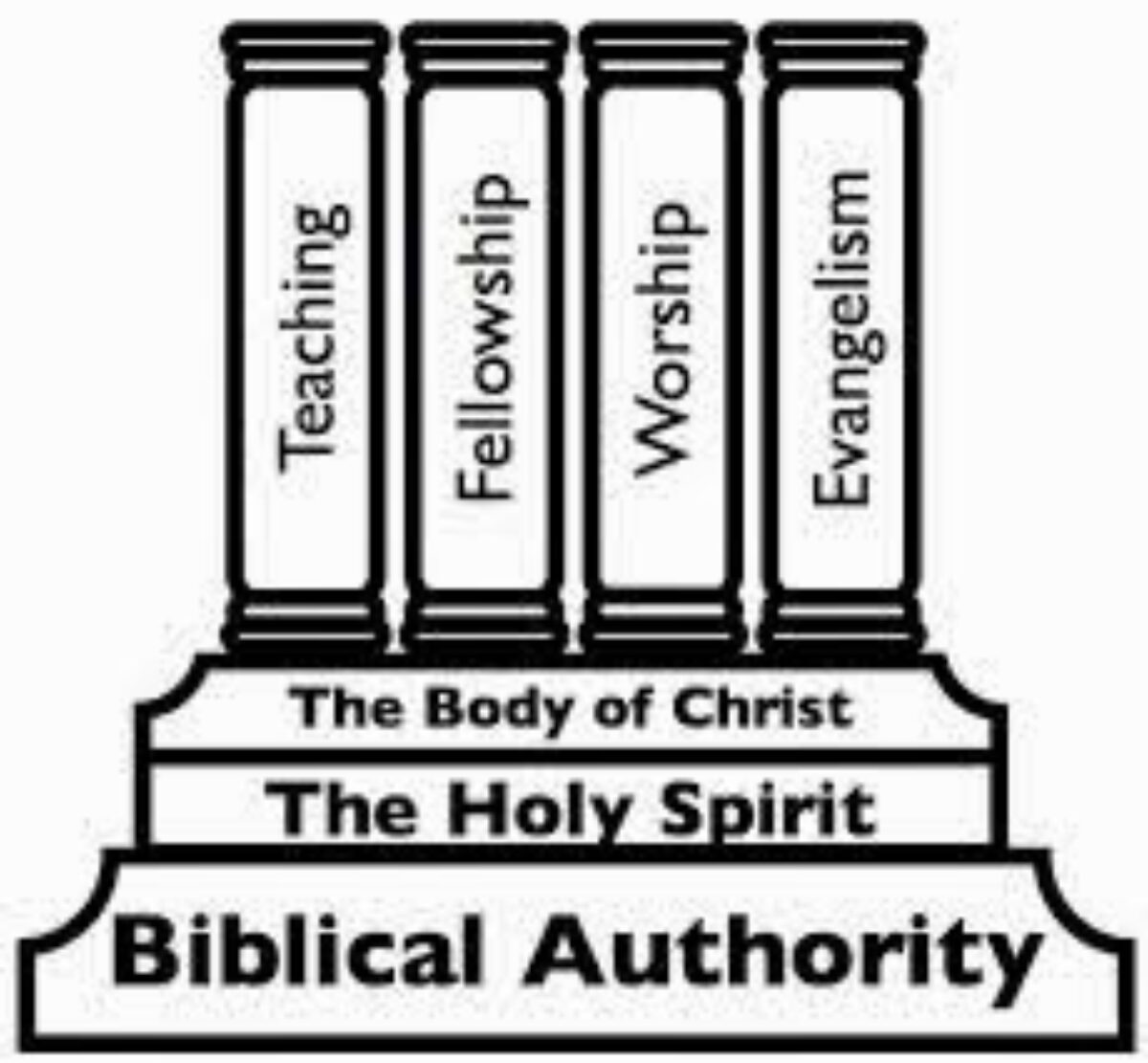The pain and consequences of betrayal by loved ones can be a deeply painful experience. Mainly because these relationships are built on trust, loyalty, and emotional bonds that are formed over a long period of time. When someone you care about and have invested time and emotions in behaves in a way that violates this trust or goes against what you thought to be true about them, it can trigger a wide range of negative emotions. Such as sadness, disappointment, and a sense of being violated or betrayed. The closeness of the relationship can intensify these emotions, making the pain more profound. To process and deal with these emotions in a healthy way may require some to seek support from other loved ones, possibly engaging in self-care activities, or counseling/therapy if it is difficult to cope on your own.
Betrayal by a sibling, child, or friend, can be heartbreaking. Only God can help us when it occurs by all three at the same time. It can be an arduous task to overcome, especially when others perceive the individuals who have betrayed you as being your trusted allies.
For a variety of reasons people may not acknowledge their evil deeds. They will justify their actions or transfer blame to someone else. Or will deny that their actions were harmful or wrong. A complete lack of empathy in understanding or relating to the pain and suffering they caused. Some are afraid of the consequences of acknowledging their actions, such as legal or social repercussions. They can suffer from a mental discomfort that is experienced from holding two or more conflicting beliefs, values, or ideas simultaneously, (Cognitive Dissonance). This state of discomfort arises when they realize that their beliefs or behaviors are inconsistent with one another, leading to feelings of psychological stress and/or discomfort. Nevertheless, it is important to note that this is a multi-faceted issue and that there may be other reasons why someone may choose to ignore or refuse to accept accountability for their harmful or evil behavior.
It is important for the one who has been betrayed to acknowledge your emotions and allow yourself to feel them. To be upset is normal when anyone betrays your trust. Equally important, is to communicate your feelings with the person who betrayed you. Sometimes an open and honest conversation can help all parties to understand the other’s perspective, if reconciliation is possible. The one who avoids this conversation is usually in the wrong and they know it.
Forgiveness is essential for the one betrayed, but does not always mean reconciliation. It is an important step towards healing, however it does not necessarily mean the relationship with the person who caused the harm will be restored. (Matthew 6:14) Gives us our instructions, read below for spiritual direction for forgiveness. This passage highlights the importance of forgiveness. It suggests that forgiving others is not only important in its own right but it also brings forgiveness from God. We must be willing to forgive others in order to be forgiven ourselves.
Matthew 6:14
New International Version
14 “For if you forgive other people when they sin against you, your heavenly Father will also forgive you.”
Matthew 6:14
King James Version
14 “For if ye forgive men their trespasses, your heavenly Father will also forgive you:”
Matthew 6:14-15
Living Bible
14-15 “Your heavenly Father will forgive you if you forgive those who sin against you; but if you refuse to forgive them, he will not forgive you.”


